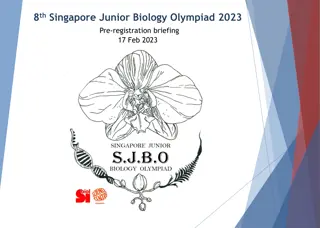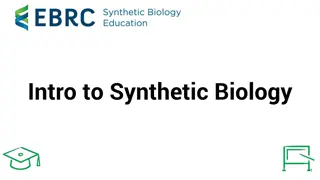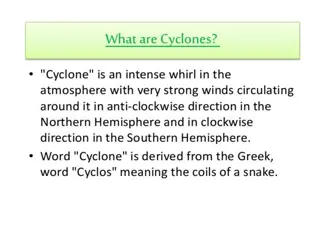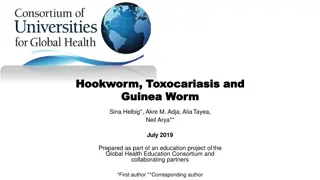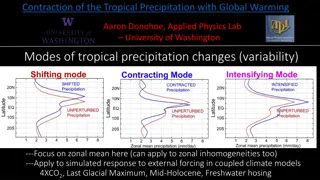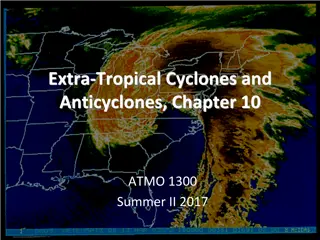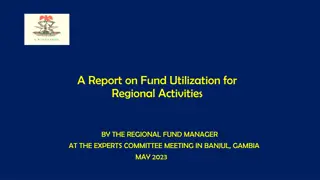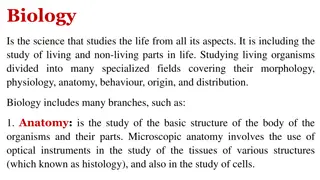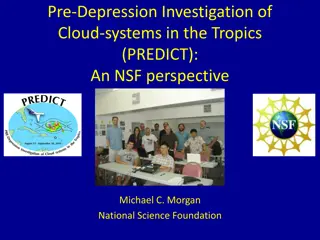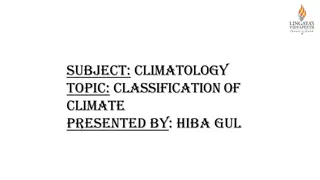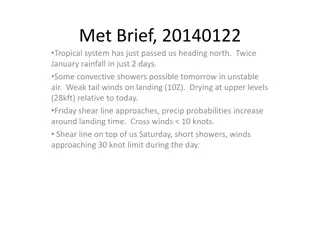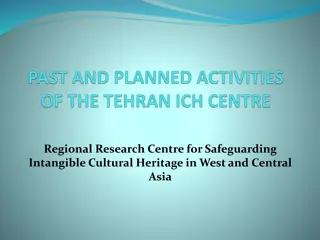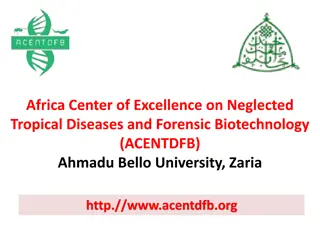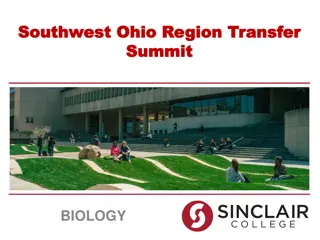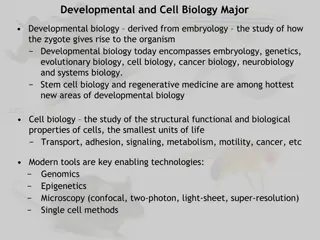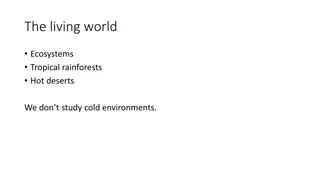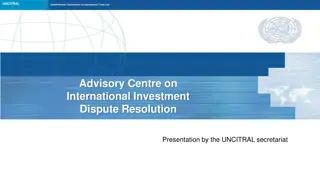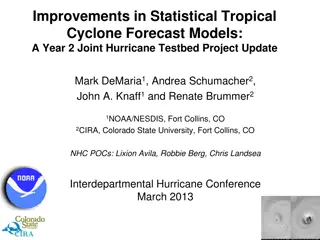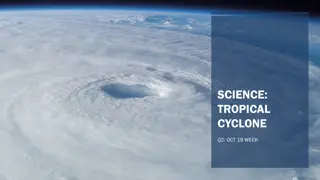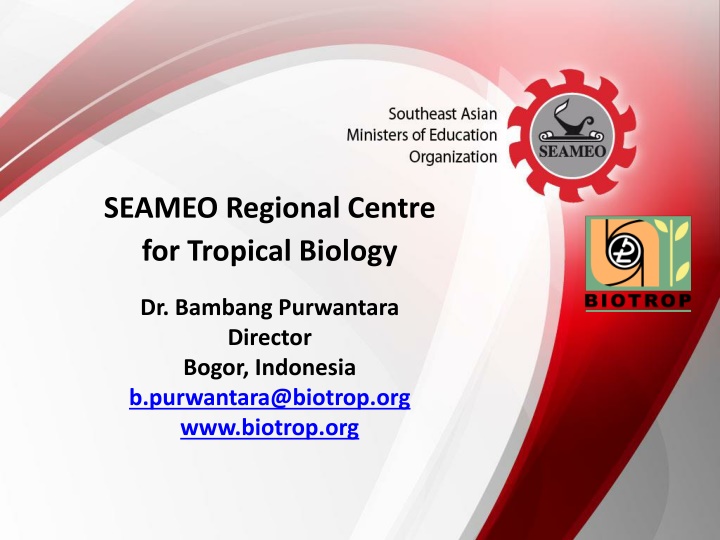
SEAMEO Regional Centre for Tropical Biology in Bogor, Indonesia
SEAMEO Regional Centre for Tropical Biology, led by Dr. Bambang Purwantara, focuses on enhancing tropical biology values in Southeast Asia. Their vision is to promote conservation and management of tropical biology for community well-being. Major programs include research, training, and community outreach. Notable achievements include a herbarium collection, an international Master's program, and capacity building for professionals. Explore their significant contributions to biodiversity conservation, food security, and sustainable management in the region.
Download Presentation

Please find below an Image/Link to download the presentation.
The content on the website is provided AS IS for your information and personal use only. It may not be sold, licensed, or shared on other websites without obtaining consent from the author. If you encounter any issues during the download, it is possible that the publisher has removed the file from their server.
You are allowed to download the files provided on this website for personal or commercial use, subject to the condition that they are used lawfully. All files are the property of their respective owners.
The content on the website is provided AS IS for your information and personal use only. It may not be sold, licensed, or shared on other websites without obtaining consent from the author.
E N D
Presentation Transcript
SEAMEO Regional Centre for Tropical Biology Dr. Bambang Purwantara Director Bogor, Indonesia b.purwantara@biotrop.org www.biotrop.org
Vision & Mission of the Centre Vision: A Leading Centre for enhancing and promoting the real values of tropical biology in Southeast Asia Mission: To provide scientific knowledge and capacity building in conserving and managing tropical biology sustainably for the well-being of communities and the environment of Southeast Asia
Major Programmes: Research and Development Tropical Biology for Environmental Integrity Tropical Biology for Community Welfare Areas Covered: Biodiversity Conservation & Management Landscape Restoration Management of Tropical Ecosystem Functions and Services Ecosystems Health Monitoring Areas Covered: Food and Feed Security and Safety Bio-energy Development Tropical Pests & Diseases Management Value Adding in Natural Products Biotechnology
Major Programmes: Training 1. Regional Training Course on Control and Management of Invasive Alien Plant Species 2. Regional Training Course on Control and Prevention of Aflatoxin Contamination in Food and Feedstuff 3. Regional Seminar-Workshop on Bioinformatics and Genomics 4. Regional Training Course on Biodiversity Conservation through High Resolution Imagery
Major Programmes: Community Outreach 1. Rehabilitation of ex-mining sites and biodiversity conservation of indigenous and exotic tree species in industrial sites in Indonesia 2. Youth Environmental Outreach Grants Program 3. Restoration of damaged areas due to IAS and community livelihood generation at Mt Pangrango National Park, West Java 4. Free Public Consultation and Orientation for Visitors on various technologies available in the Centre
Significant Accomplishments 1. Herbarium and database having a collection of around 5,000 weeds and invasive alien plant species 2. International Master of Science Degree Program on Information Technology for Natural Resources Management 3. Technologies enhancing sorghum as a commodity for food, feed, fuel, fiber, and fertilizer 4. Protocols for micro propagation of some high value tree species, horticulture plants, tuber crops (Japanese taro & potato) & cottonii seaweed 5. Capacity building of close to 8,000 professionals, farmers and students in various aspects of tropical biology
Vision for the Future a. offering of double degree program with Japanese universities b. use of latest IT technologies for biodiversity conservation and restoration of degraded landscapes c. tapping of Japanese experts as part of the teaching pool either on face-to-face or distance education Expansion of our MS Degree Program on IT-NRM in terms of: a. Ecological studies b. Breeding of threatened species Mainstreaming of wildlife in our research portfolio to focus on: Focus more research on restoration and rehabilitation of degraded landscapes through: a. Bioremediation b. Use of local species c. Use of beneficial soil microbes Strengthening of research and training on biotechnology, bioinformatics and genomics

